Title
Begin your next phase of lifelong learning
Discover opportunities for continuous education and online training. Begin your next phase of lifelong learning in the evolving field of wildlife! Whether you're a seasoned professional looking to expand your knowledge with certifications or a newcomer eager to delve into an environmental science degree, the following resources will help you along your journey.
More ways to engage with wildlife
Title
University Programs
Undergraduate Majors and Specializations
Explore degree programs in fields related to wildlife biology, ecology, environmental science, and conservation. Look for majors like Wildlife Ecology, Environmental Studies, and Conservation Biology. These programs emphasize interdisciplinary learning, allowing students to tailor their education to specific interests like habitat conservation or wildlife management.
Graduate Studies
Graduate programs offer online and in-person Master's degree programs, Ph.D. programs, and joint degree programs, allowing students to specialize further and engage in research. Faculty research areas may focus on applied ecology, conservation, genetics, animal behavior, environmental policy, or human-wildlife interactions. Exploring a breadth of topics in coursework while focusing on a particular research area helps to prepare graduate students for careers in research, conservation, and management. Explore graduate study opportunities at the University of Illinois below.
Courses and Curriculum
Core courses and topics in wildlife conservation programs include Field Techniques, Environmental Policy, Conservation Biology, organismal biology (e.g., Vertebrate Ecology or Ornithology), and plant identification. Hands-on experiences and research opportunities are integrated into the curriculum to develop practical skills and real-world understanding. Many U.S federal positions in the realm of environmental science require certain courses and experience. Explore the federal Wildlife Biology Series job requirements below.
Research Opportunities
Students contribute to ongoing research and pursue independent studies, gaining valuable experience in wildlife monitoring, habitat assessment, and conservation strategies. Undergraduates can engage in research through embedded experiences in courses and through paid (or unpaid, in some cases) semester-long or summer experiences. Graduate students embark on longer research journeys, developing questions and hypotheses to test in coordination with a team of research advisers. Research projects typically culminate in summary presentations and research publications in peer-reviewed journals.
Internship Programs
Universities partner with agencies, organizations, and industry for internship and volunteer opportunities in wildlife conservation and environmental sectors. These internships provide hands-on experience and networking opportunities in areas like wildlife monitoring and habitat restoration. University of Illinois curates a list of wildlife and natural resources internships. Explore other resources below.
Professional Training

U.S. Department of Agriculture
Explore USDA's online resources, which may include courses on topics such as sustainable agriculture, land management, and environmental conservation.

Center for Wildlife Studies
The Center for Wildlife Studies offers expansive resources that can further your environmental education. With course offerings of environmental policy, field techniques and methods, plant and animal identification, writing science, and research design, all are valuable assets to add to your resume.
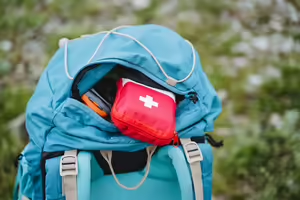
NOLS Wilderness Medicine Certification
If you plan on working outside, knowing proper first aid is essential, and getting hands-on experience is the best way to do it! NOLS Wilderness Medicine offers courses in wilderness first aid, first responder, emergency medical technician, and entire wilderness medicine semesters.

Eagle Hill Institute
In addition to nature retreats and in-person seminars, Eagle Hill Institute offers online seminar series on a variety of topics such as geological history, field identification, and deep dives into the life history of a variety of species. Check out the calendar to find a seminar that interests you.
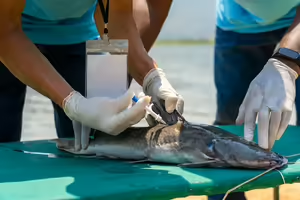
Home Range
Home Range offers valuable practical field training through in-depth course offerings such as wildlife field techniques, and ethical live trapping. If you plan to have a career in field biology, some of these courses might interest you.
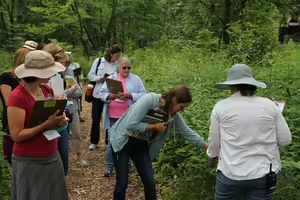
The ENTICE (Environment and Nature Training Institute for Conservation Education) program from the Illinois Department of Natural Resources offers workshops to teachers, home-schooling educators, non-formal educators and youth-group leaders in Illinois only.
Professional Certification Programs
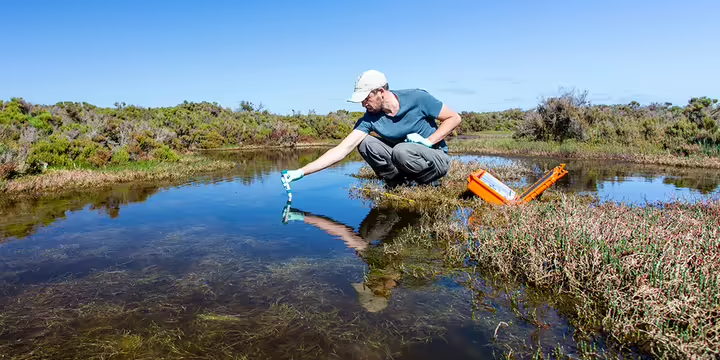
Wildlife Biologist
Offered by The Wildlife Society, this certification is for wildlife professionals who have demonstrated their knowledge and experience in wildlife biology. It validates a biologist's expertise in managing and conserving wildlife populations.
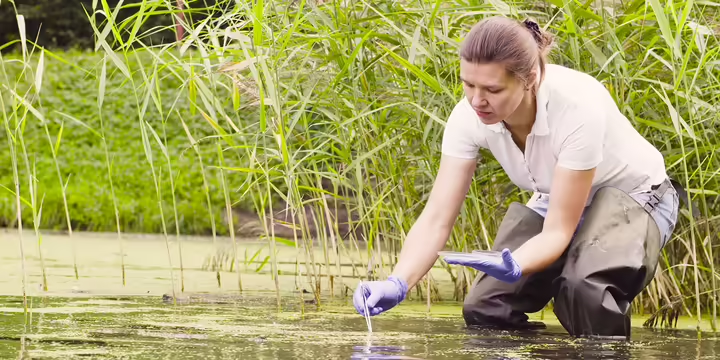
Certified Ecologist
Provided by the Ecological Society of America, this certification recognizes ecologists who have achieved a high level of skill and expertise in ecological research and practice. It covers various aspects of ecosystem management and conservation.

Certified Environmental Professional
The Academy of Board Certified Environmental Professionals offers this certification for environmental professionals. It demonstrates a commitment to ethical practices and proficiency in environmental management and protection.
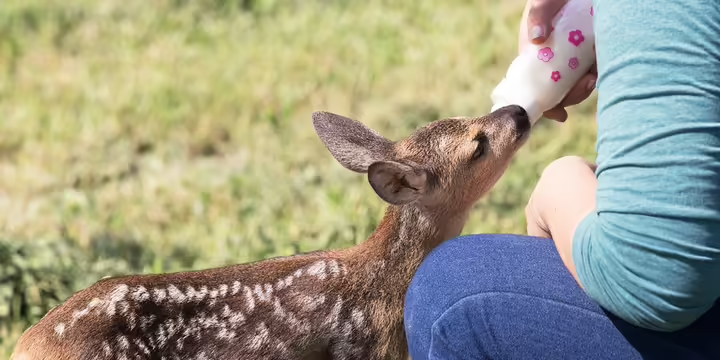
Certified Wildlife Rehabilitation Professional
This certification, often offered by wildlife rehabilitation organizations, validates the skills and knowledge of individuals involved in the care and rehabilitation of injured or orphaned wildlife.
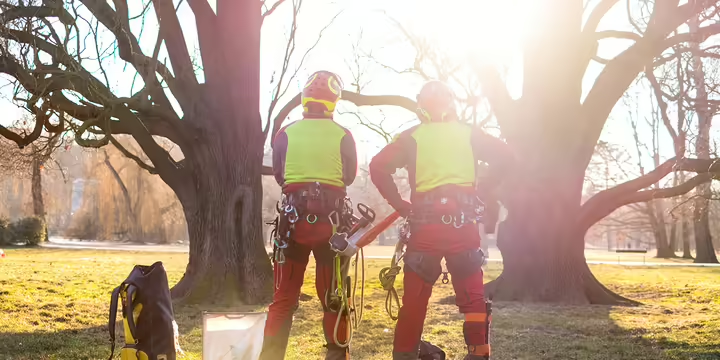
Certified Arborist
Issued by the International Society of Arboriculture (ISA), this certification is for professionals in the arboriculture industry. It demonstrates expertise in tree care, including tree identification, planting, and maintenance.
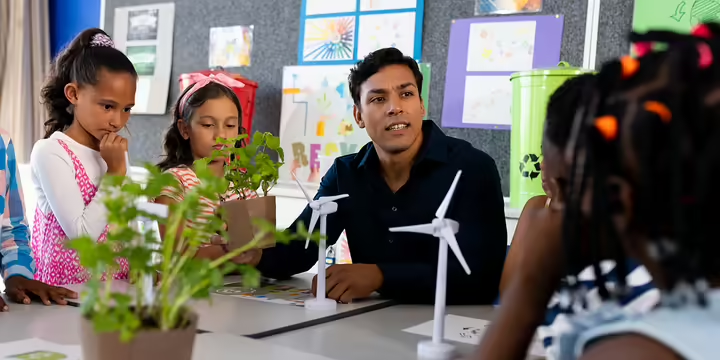
Certified Environmental Educator
Some organizations, like the North American Association for Environmental Education, offer certification for environmental educators. It recognizes individuals who have demonstrated excellence in environmental education and outreach
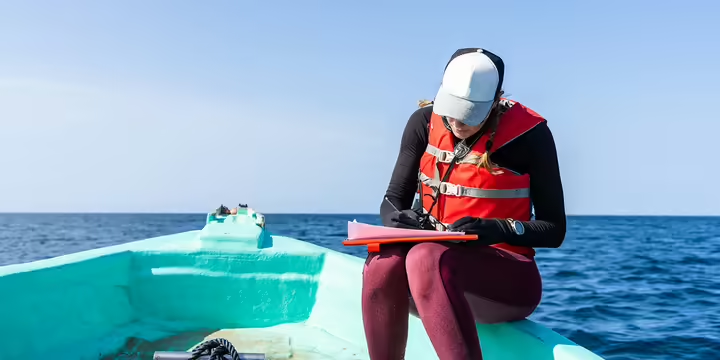
Certified Fisheries Professional
Administered by the American Fisheries Society, this certification is for fisheries professionals. It signifies proficiency in fisheries science, management, and conservation.